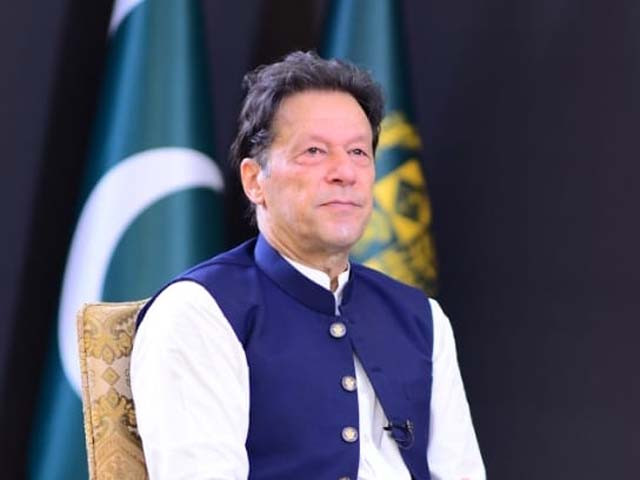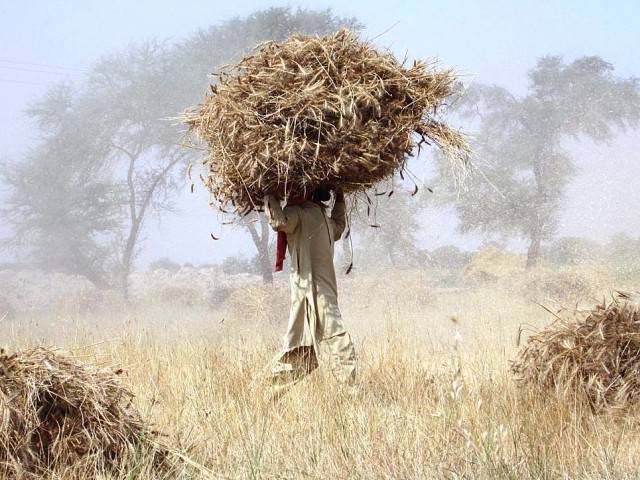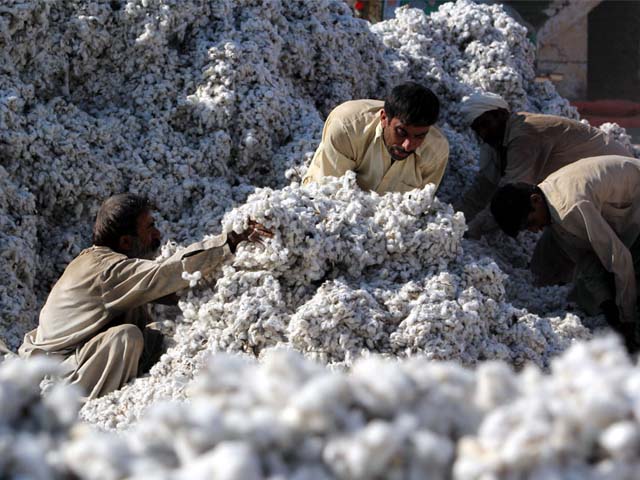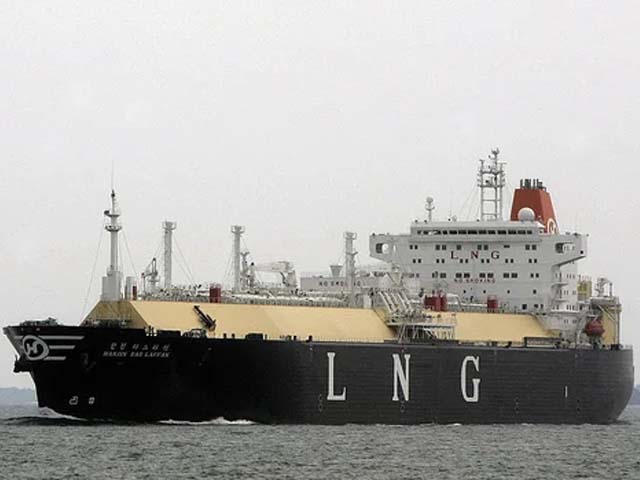
PTI’s economic deja vu
With two years under its belt, the Pakistan Tehreek-e-Insaf (PTI) government decided that the task of steadying the boat, a job it had conceded to after taking the reins in 2018, was now complete. It was time to relinquish its hawkish clasp, and perhaps more importantly, reputation. A new economic setup was installed, an expansionary budget compiled, and growth promised. The ruling party was now gearing up for its next electoral campaign, and if a few sacrifices had to be made on the macroeconomic front, the cost seemed worth bearing.
These aspirations, however, seem to have come to a screeching halt. The economic scenario has flip-flopped with such rapid ferocity, that even most adamant optimists have backtracked into recommending caution. Two months into FY22, the current account deficit (CAD) has already surpassed its yearly toll in FY21 by more than 25%. Less than six months after becoming the best performing currency in the world, PKR is now the worst performing currency in the continent, breaching an all-time low in September. Pakistan’s economic team, despite its adamant reassurances, is now under the gun to restrain spiralling external account imbalances. A challenging enterprise, especially in the background of its politically significant growth orientation.
In what has turned out to be a recurring theme in its three-year administrative tenure, the PTI government seems to have inaccurately assessed the fundamental details of the plot. And not unlike its predecessors, and despite claims of structural reforms, the government has essentially neglected fault lines in foreign trade paradigm. It seems to have forgotten its own mantra of prioritising a sustainable external account position over unsustainable consumption led economic growth. By pushing for growth without first addressing the underlying imbalances in the country’s balance of trade, PTI has all but sanctioned a return to external account doom it promised to rescue Pakistan from.
One of the major problems with Pakistan’s trade environment is the country’s heavy reliance on energy imports. This reliance not only leaves the country extremely vulnerable to macroeconomic shocks resulting from change in international energy market dynamics, but also results in a distorted baseline for growth. A growth spurt almost necessarily results in escalating inflationary pressures, without financing capital imports. In the first two months of FY22, import of petroleum products rose by more than 86% whereas import of machinery grew by less than 20%.
Whatever room may have been afforded by a healthy growth in worker remittances since Covid-19 emergence has been consumed by a sharp rise in international oil prices. Petroleum imports make up the single largest import group, contributing towards more than a fifth of the import bill. And even within petroleum imports, more than 50% of imports come in the form of refined products leading to a more pronounced impact of spiralling oil prices. That sustainable economic growth cannot be achieved without changing the coefficients in this equation, then, seems a foregone conclusion.
Economic policymaking in Pakistan, however, has disregarded any consideration for remedying this disequilibrium inducing dynamic, opting instead for consumption-oriented growth. The import of vehicles increased by more than 165% in the first two months FY22. This shouldn’t come as a surprise, of course. Reconstitution of energy mix and realignment of petroleum imports require long term commitment which do not necessarily bear immediate political currency for incumbents.
If the country’s policymakers intend to create a growth equation that is not only sustainable but also does not inadvertently trigger external account imbalances, however, they need to undertake comprehensive reforms that entails restructuring of energy infrastructure. The country must prioritise a move away from non-renewable sources of energy that necessitate a volatile burden of imports. It should also ensure, through perhaps public-private partnerships, that inevitable petroleum imports are not tilted toward value-added refined products.
The government needs to realise that external account imbalances cannot be sustainably financed through foreign remittances, aid, and debt. Pakistan needs to move towards a tenable balancing of trade paradigm. And while export oriented policies are perhaps necessary to improve the equation, structural disparities on the import side must not be neglected. The policymakers need to realise that while exports can be enhanced through conducive regulatory interventions, the country’s economic growth potential should not be left unnecessarily exposed to external shocks.




COMMENTS
Comments are moderated and generally will be posted if they are on-topic and not abusive.
For more information, please see our Comments FAQ